To understand just one life, you have to swallow the world.
THE NARRATOR, SALEEM SINAI, IN SALMAN RUSHDIES MIDNIGHTS CHILDREN (1981, 108)
Saleem Sinais mantra may be equally true the other way around: individual lives provide windows into worlds. This book, which puts life histories at the center of the analysis, implicitly asserts that the closer that you get to that window, the more of that world you see. Better still if you have multiple windows to look through. Hence my greatest debt is to my friends and interlocutors in Korla, who allowed me to look into their worlds. Without their willingness to share their life stories, hopes, and disappointments, I could not have written this book. Some people went a lot further, mobilizing their extensive networks to connect me with important people, transport me to otherwise inaccessible places, and protect me from powerful enemies. They know who they are, and I hope that I have lived up to their trust and done their stories justice.
In the academic world, my closest colleagues at the Australian National University helped me to make sense of the mass of personal and secondary experiences that I brought back from my field trips. Andrew Kipnis has, at various times, been my lecturer, supervisor, and coinvestigator over the 12 years (and counting) that I have known him. Andy is a consummate professional who is making a lasting contribution to anthropology and to China studies, and I have learned much from him. Luigi Tomba has treated me as a close friend since before I met him. My understanding of the institutional structures of life, in China and elsewhere, owes a great deal to Luigis nuanced and creative thought. Jonathan Unger has always been more than generous with his time, his funds, and his encyclopedic knowledge. I thank Bob Miller for his insistence on the continuing relevance of the Soviet era to global politics and ideology. The counsel of Peter Van Ness has been invaluable. I have also received support and advice from Edward Aspinall, Darrell Dorrington, Greg Fealy, Paul Hutchcroft, Tamara Jacka, Hans-Joerg Kraus, Stephen Milnes, Anthony Reid, and Sally Sargeson. The maps were produced by CartoGIS, the ANU College of Asia and the Pacific.
Many people gave up their time to read pieces of my writing and offer perceptive nudges in fruitful directions. The comments and recommendations of David S. Goodman and Joel Andreas helped me to frame the study. In very different ways, Mark Elliott and Stephanie Hemelryk Donald encouraged me to further explore visual methodologies and inspired me with their insights into the frontier and the cultural politics of contemporary China. Particularly astute readings and generous commentary by Tom Gold and Gardner Bovingdon helped me to view the strengths and weaknesses of the draft manuscript with much greater clarity. Borge Bakken, David Brophy, Sinclair Dinnen, Ayxem Eli, Anthony Garnaut, Piers Kelly, Lewis Mayo, Kevin OBrien, Catherine Smith, Lina Tan, Beibei Tang, Justin Tighe, Aat Vervoorn, and Qian Ying have also provided feedback and assistance on multiple occasions along the way, as well as their friendship. Priya S. Nelson gently chaperoned the manuscript through the review process, and the team at the University of Chicago Press saw it successfully through production. The two anonymous reviewers clearly both spent a lot of time looking back and forth over my draft manuscript, and their detailed comments piloted me through the final revisions. Errors of navigation are all my own. For all this, I am deeply honored.
I wrote this book while based at the College of Asia and the Pacific, the Australian National University. Funding for my position and ongoing research while I finalized the manuscript was provided by an Australian Research Council Laureate Fellowship (FL 120100155), led by Tessa Morris-Suzuki, and supplemented by an Australian Research Council Discovery Project Award (DP 140101289), led by Andrew Kipnis. I am particularly grateful to Tessa for allowing me time out from my Laureate research project to complete the manuscript.
Three of the chapters in this book are based on or contain parts of work published elsewhere. as The Partnership of Stability in Xinjiang: State-Society Interactions following the July 2009 Unrest. I am grateful to the publishers.
The artistic side of this project has been shaped in conversation with visual artists from Amsterdam (a cosmopolitan city in Europe) to Ipswich (a rural town in Queensland, Australia), and many places in between. David MacDougalls advice played an important role in the shooting and categorization of my images; all along, I have aspired to his sense of timing and beauty. I never failed to feel inspired and enlivened by my weekly meetings with Martyn Jolly at the ANU School of Art. Martyn was always enthusiastic about and supportive of my project but did not hesitate to tell me when I was on the wrong track. I must also thank my brother, Nathaniel Simon Cliff, Esq. Nathaniels uncompromising artistic vision has constantly and quietly challenged the visual cultures of the museum, the archive, and the magazine stand, and I have tried to apply his critical insights to the hypermodern behindness of the Chinese frontier.
The other members of my close family are all, also, in this book. On long treks over the High Atlas (Morocco) and Tianshan (Xinjiang), and through the Australian desert, my youngest brother, Titus, and my father, Rod, eventually instilled in me the joy and necessity of slowing down, or pausing midway. In a book like this, centrally concerned with how people got to where they are, the destination is not more important than the journey. Both of my parents knew that, and acted on it; if they did not, I would not be a second-generation immigrant, and, who knows, may not be interested in studying my mirror in far western China. I managed to learn only some of the lessons that my mother, Mary, strove to teach me, but those lessons continue to inform my ethnographic method, my writing, and my marriage. My resolute and uniquely perceptive wife Lina has been close by since I began to write this book. Our son, Abraham, earlier than expected and critically unwell, entered this world in a maelstrom just as I was finishing it off. Lina remained by his side, day and night, as he fought against all odds to stay alive, and many weeks of bad news upon bad news gradually took a turn for the better. After four and a half months in hospital, Abraham came home for the first time. I am in awe of my wife and son. I dedicate this book to them, and to my own parents, for essentially the same reasonsdevotion, generosity, and love that is as unconditional as anything can ever be.

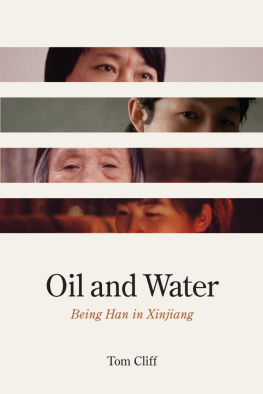
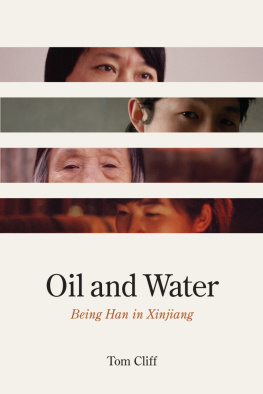

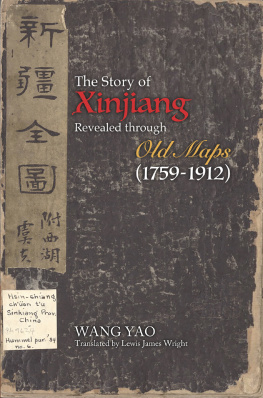
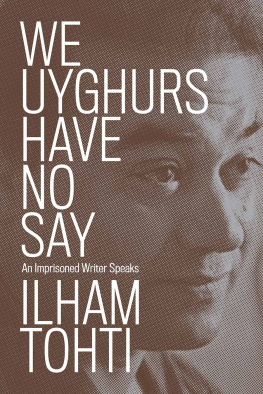
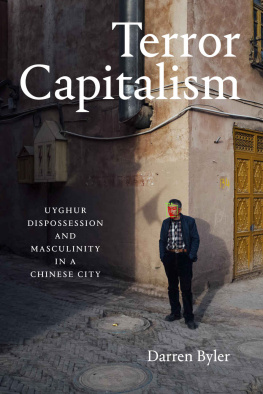
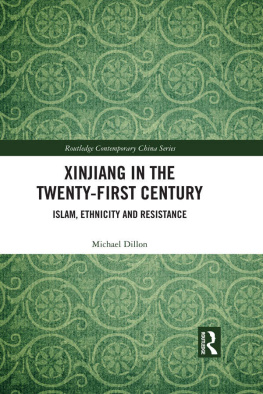
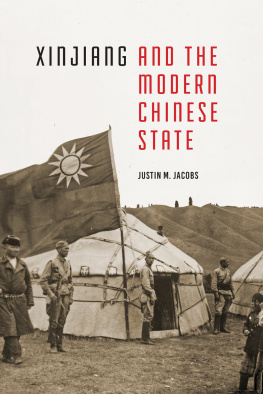
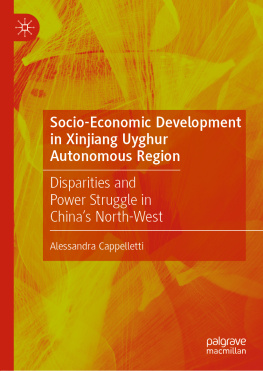
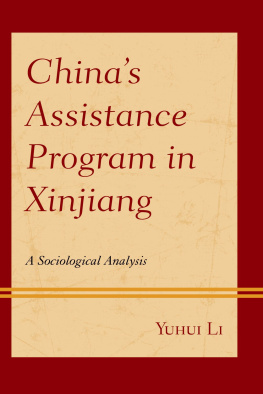
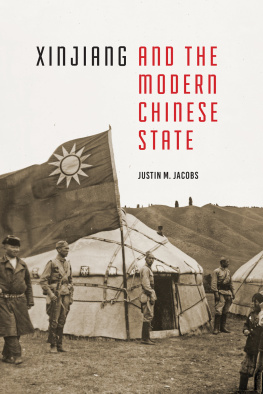
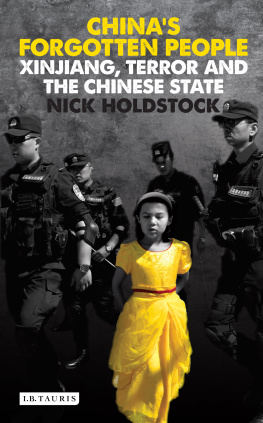
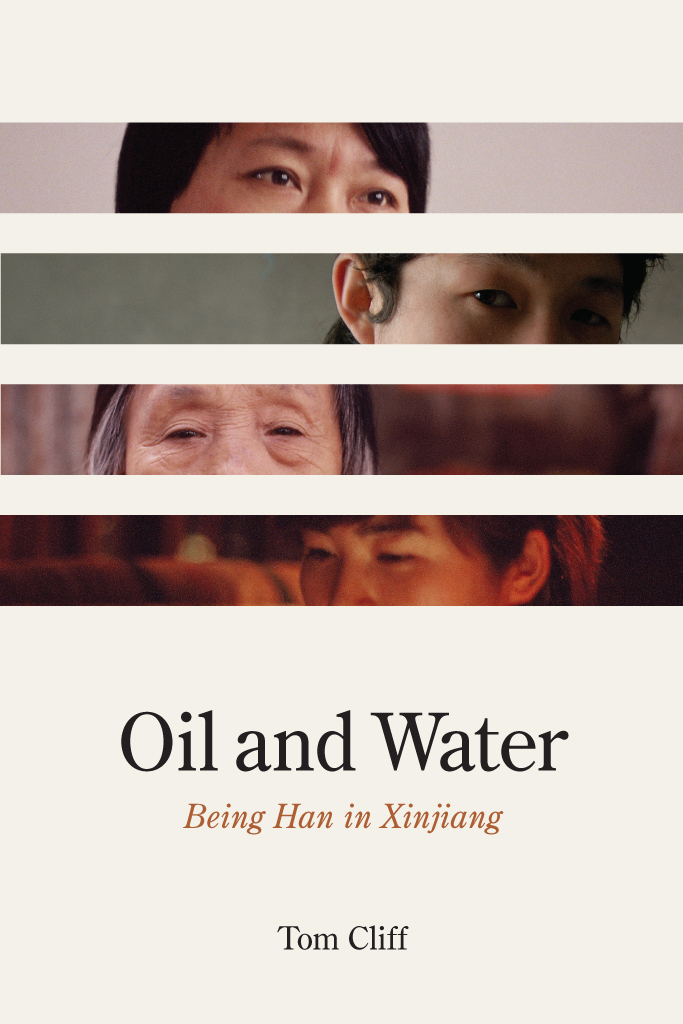
 This paper meets the requirements of ANSI/NISO Z39.481992 (Permanence of Paper).
This paper meets the requirements of ANSI/NISO Z39.481992 (Permanence of Paper).